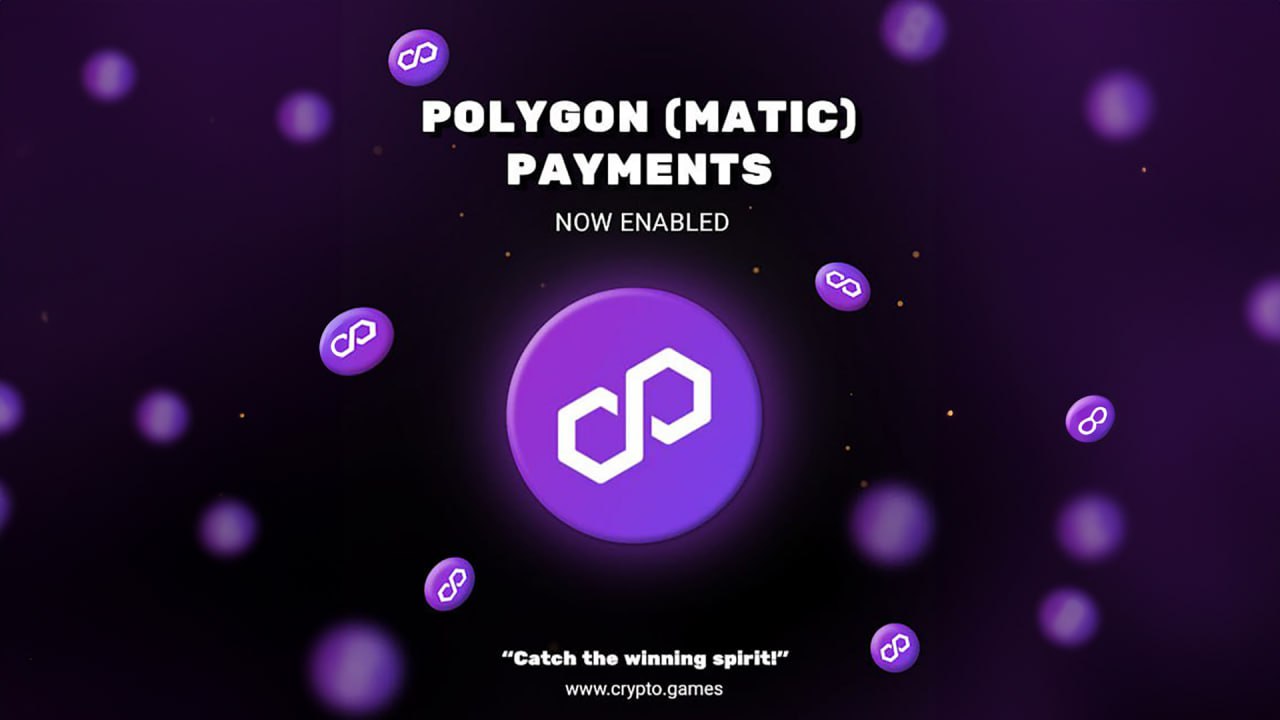Binance To Stop Supporting Crypto Debit Cards In Latin America, Middle East From August 25
Key Points:
- Binance suspended crypto debit card services in these regions on August 25, citing user needs.
- Services conclude on September 21, with refunds and disputes processed until December 20, 2023.
- Regulatory scrutiny persists as the exchange offers alternatives like shopping with crypto and Binance Pay for secure payments.
Binance has disclosed its decision to suspend crypto debit card services across Latin America and the Middle East, effective August 25. These unique debit cards, funded by cryptocurrency assets, allowed users to conveniently cover their day-to-day expenses.
The termination of crypto debit card services for these regions is scheduled for September 21. However, Binance assured users that refunds and disputes would continue to be processed until December 20, 2023.
In an official statement, the exchange outlined the development:
“The Binance Card will no longer be available to users in Latin America and the Middle East. The product, like most debit cards, has been utilized by Binance’s users to pay for basic daily expenses but in this case, the cards are funded with crypto assets. Only a tiny portion of our users (less than 1% of users in the markets mentioned) are impacted by this.”
While the card’s termination will affect a small fraction of users, the broader ecosystem remains unaffected. Users in these regions can still explore alternatives such as shopping with crypto and utilizing Binance Pay, a secure contactless cryptocurrency payment solution.
The exchange’s recent endeavors have been met with regulatory scrutiny. The U.S. Justice Department is currently investigating potential violations of Russian sanctions involving blacklisted banks.
Additionally, inquiries by the SEC and CFTC regarding compliance and anti-money laundering measures pose further challenges for the exchange.
DISCLAIMER: The information on this website is provided as general market commentary and does not constitute investment advice. We encourage you to do your own research before investing.




















